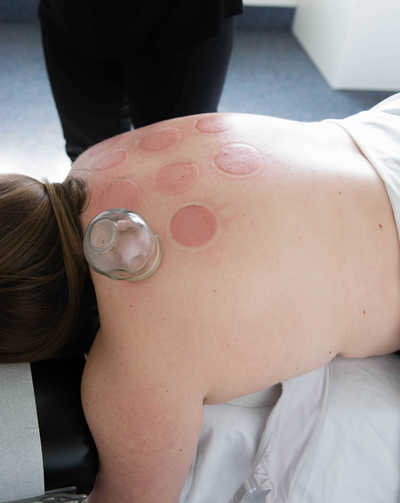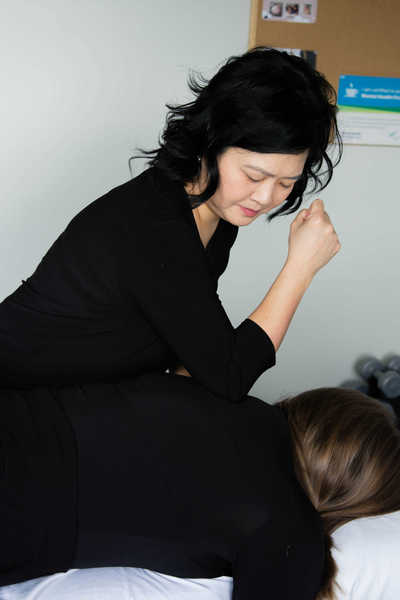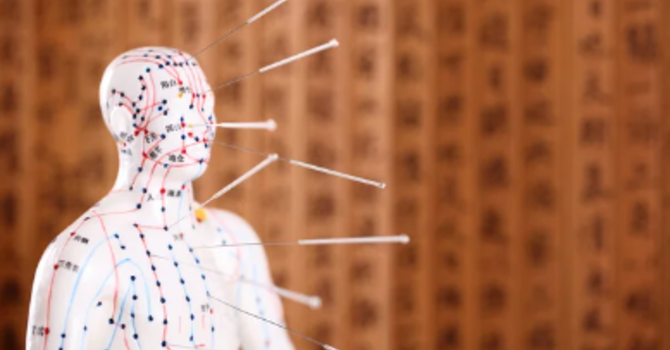Elements of Traditional Chinese Medicine
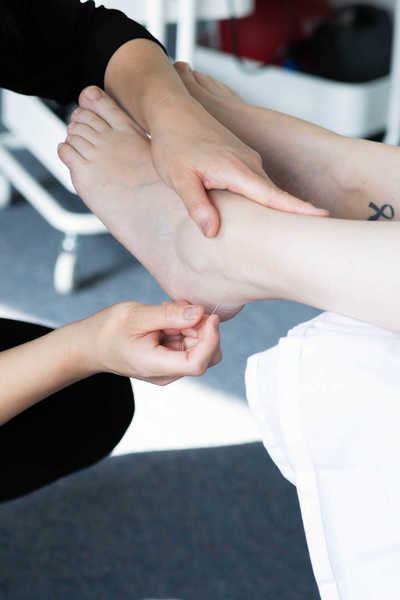
Acupuncture
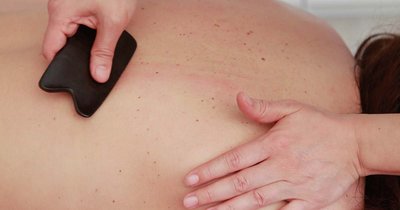
Gua Sha
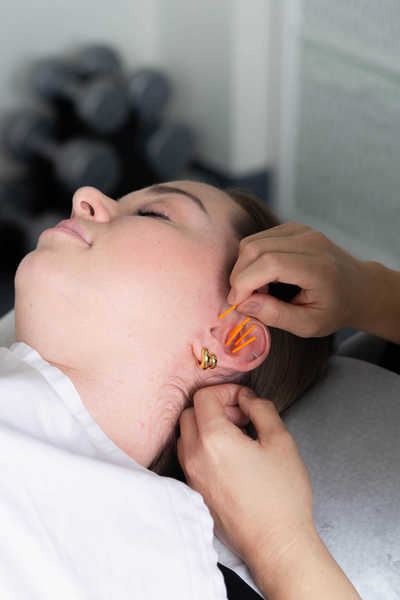
Auricular Acupuncture
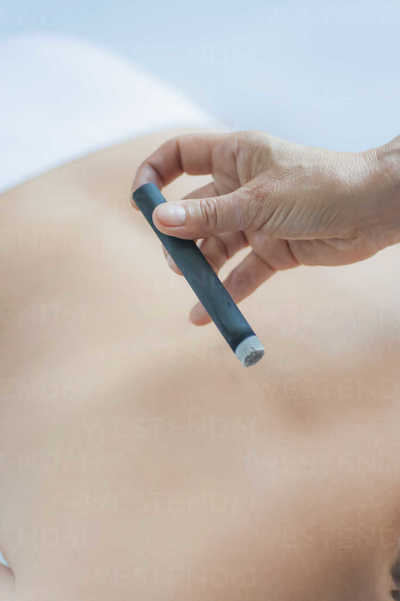
Moxabustion
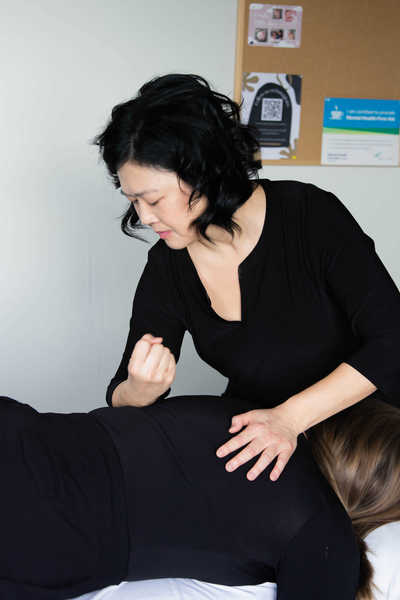
Tuina
Common Conditions Treated
Acupuncture treats a wide range of conditions including:
· Acute and Chronic Pain
· Musculoskeletal
· Sports Injuries
· Headaches and Migraines
· Anxiety and Depression
· Insomnia
· Stress
· Menstruation
· Infertility
· Gastrointestinal
· Dermatological
· Autoimmune
· Neuralgia
· Allergies
FAQs
- Does Acupuncture hurt? Acupuncture needles used are very thin, much thinner than the needles used for injections or blood drawing. There may be a slight pricking or no sensation when needles are inserted, which varies based on one's pain level and overall sensitivity. Most people feel minimal to no pain as the needles are inserted. Some may might feel a mild sensation of heaviness, tingling, numbness, or a dull ache where the acupuncture needle has been inserted. This sensation, known as 'De Qi', is actually considered a favorable sign during the treatment. However, everyone is different, so responses can vary. Some areas of the body may be more sensitive than others, and personal pain thresholds also vary. It's always important to communicate with your Acupuncturist about how you're feeling during the procedure, so adjustments can be made if necessary.
- What if I don't like needles? If you have a fear of needles but are interested in the Traditional Chinese Medicine (TCM) approach to health and well-being, there are other TCM-based therapies available that can improve the flow of energy (Qi), restore balance, and enhance the body's internal healing abilities. Please feel free to discuss these alternatives with your Acupuncturist.
- Can Acupuncture and Tradional Chinese Medicine help me with my condition? We offer a 15-minute no obligation consultation with Aimee Leung, Registered Acupuncturist, for you to discuss if Acupuncture and Traditional Chinese Medicine is the right approach for you.
Here's what to expect during an Acupuncture treatment and ways to prepare:
Preparing for Treatment:
- Make sure to have a light meal or snack a few hours prior to your appointment to prevent getting lightheaded.
- Avoid consuming alcohol or any other substances that could alter your body's response to acupuncture.
- Wear comfortable, loose-fitting clothing to facilitate easy access to acupuncture points.
- Ensure you are well-hydrated before your session.
- Come with a clear understanding of what you want to address during the session.
- Be ready to discuss your current health concerns and medical history.
During Acupuncture Treatment:
- Prior to your initial treatment, the Acupuncturist will conduct a thorough assessment of your current condition and past health, and discuss your goals and expectations.
- After conducting a Traditional Chinese Medicine diagnostics (tongue and pulse diagnosis), your TCM diagnosis and course of treatment will then be discussed.
- You will lay comfortably on a treatment table for the duration of the treatment.
- Thin, sterile, disposable needles will be inserted into various acupuncture points on your body.
- You might feel a brief, pricking sensation when the needle is first inserted. After that, the area might feel a bit heavy, dull, achy warm, or cool.
- Depending on your condition, your Acupuncturist may suggest the use of other Traditional Chinese Medicine therapies (cupping, moxabustion, gua sha, tuina massage), in order to optimitze the outcome of your treatment
- Needles are left in place for about 15-30 minutes while you relax.
- You may experience a sense of relaxation or even drowsiness during the treatment.
- After the treatment, you may feel calm, relaxed, energized, tired, sleepy or hungry.
Everyone's experience with acupuncture can be different as it is a individualized treatment.
Other Treatments Offered By
Our Acupuncturist
Kew Gardens Health Group & Centre of Balance
2175 Queen Street East, Suite 302Toronto, ON
M4E 1E5
Kew Gardens Health 416-907-0103 / Centre of Balance 647-436-9080
View Staff & Treatments